


If you’ve ever watched HGTV’s Fixer Upper, you’ve probably heard the term “farmhouse style” in almost every single episode.
There’s a reason: the cozy yet spacious style of the farmhouse is back in style. And Zillow Group home design expert Kerrie Kelly doesn’t think it’s going anywhere for a long time.
“Well-designed, usable spaces, such as an open kitchen or a big farmhouse sink often have a longer shelf life,” she says. “Farmhouses are also not new. So, it’s fair to say trends inspired by farmhouses are here to stay in at least some capacity.”
So, although the farmhouse is one of the older home types, it’s clear that its style is timeless.
Read MoreDid you know that “farmhouse” is actually a term used to describe function instead of style?
Also nicknamed “country homes,” every aspect of the classic farmhouse served one purpose: to function for the entire household. Farmhouses were the primary home to a working farmer and his family while checking these must-haves off the list:
The farmhouse is a result of a time period instead of an architectural style. Back in the 1700s, early settlers coming to America built farmhouses in rural areas. Eventually, as building and farming got more advanced, the farmhouse turned into what it sounds like: large homes attached to a farm for a farmer.
Since then, the farmhouse has evolved into many different things. But even so, many Americans still admire farmhouse house plans, where they are attracted to the historical and traditional feel without compromising space.
In the 1738 book “Farmhouse Plans,” author Wallace Ashby wrote that an attractive appearance of a farmhouse must have:
It’s fair to say some of these specifics have changed. After all, there isn’t a rule for how close to the highway your farmhouse can sit!
But farmhouses still have many of the same key features that developed it its own style, such as large rooms with roomy porches and exposed masonry.
A classic farmhouse had a simple rectangular floor plan and included a centrally-located fireplace for cooking and heating. But today’s designs of the farmhouse might remind some design-lovers of a Craftsman-style home with natural elements which boast careful symmetry.
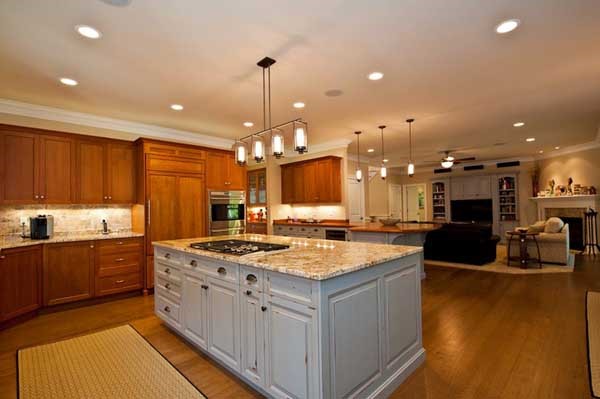
Most of today’s classic farmhouses include interior features such as:
Exterior features are what make the farmhouse most recognizable. They were built to house families without feeling cluttered or overcrowded. Its exterior features remain simple, yet memorable:
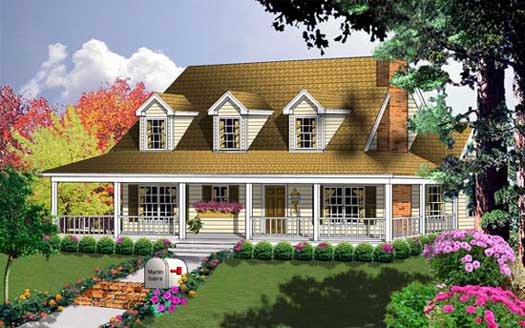
Today, people love farmhouse style homes because they are welcoming and comfortable. They’re versatile and can mix and match with other styles.
Classically, there are five house styles based on the farmhouse:
Some of these style homes look drastically different from one another, so you might wonder how they’re all classified as farmhouse-inspired. This is because “farmhouse” is technically a functionality and not a style. These houses may share some of the farmhouse’s essential features, like rural areas, large lots, and porches.
Plantation style homes are considered the mansions of the South. Built during the pre-Civil War era between 1830 and 1860, large families and servants occupied plantation homes together.
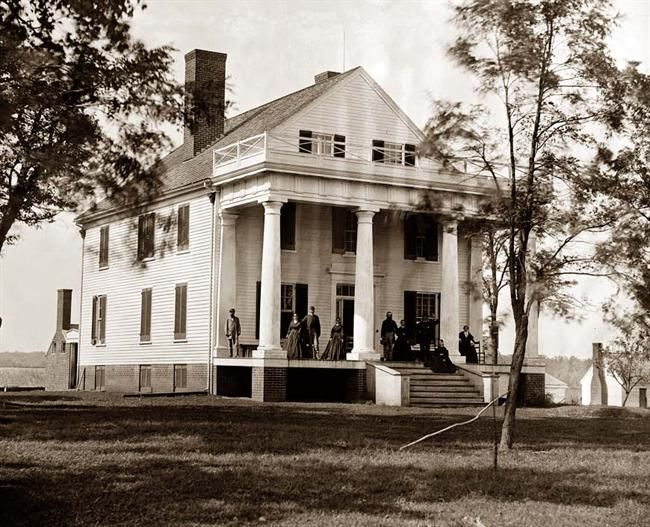
Plantation homes have tall French doors, massive windows, wide porches, and often large rooms that take up each corner of the house.
Because of their sophisticated exterior, Greek Revival homes were mainly for the affluent population in the 1800s.
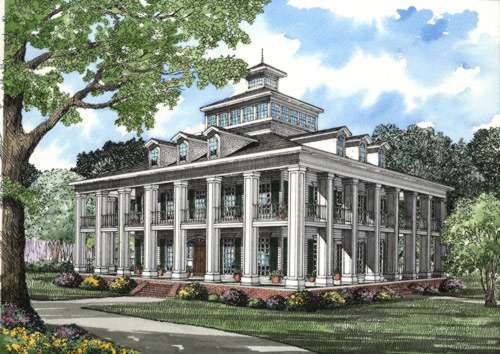
They have classic Greek columns at the front of the home, extending to the top floors. The middle section is the central part of the house, with balanced wings that extend out from either side.
Cracker style homes were ideal for early settlers who needed economic shelter.
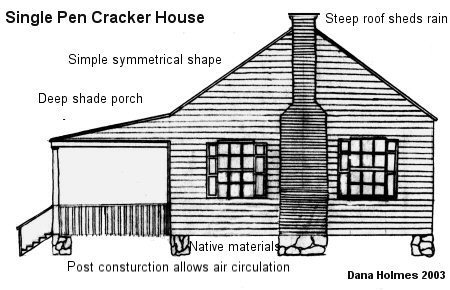
They had metal roofing and cedar siding. When early settlers needed economic shelter and were usually elevated on a foundation for storage and later, for basement use.
Victorian homes are most recognizable for their tall turrets. These unique-shaped rooms were sometimes reading nooks, sunrooms, or part of formal living space.
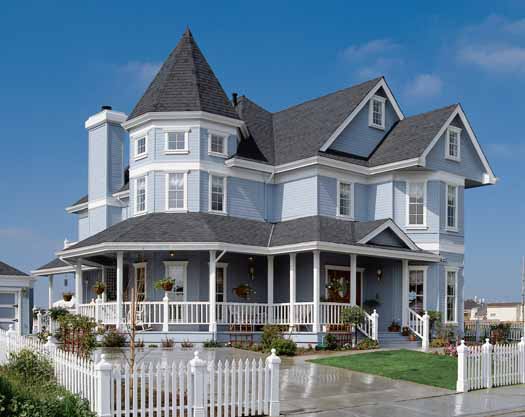
They had colorful exteriors, large porches, and were only for the wealthiest Victorians during the mid-nineteenth century.
Pennsylvania Dutch and Piedmont homes are not as popular as they were a few centuries ago. Historically, they were made out of masonry and served as a simple home for early settlers.
Farmhouse style homes are ideal for the family that wants to get away from the hustle and bustle of the city and want to experience rural living and take a stab at gardening or farming.
Whatever the reason, farmhouses are perfect for any size family who wants to get closer to the outdoors.
When it comes to finding the perfect farmhouse floor plan, you want the ability to tweaking the features to exactly your liking. Perhaps you want a hint of the Greek Revival mixed in with the modern features of today’s farmhouse. Maybe throw a pool in the backyard!
The good news is that you can find anything you need for your farmhouse floor plans at Monster House Plans. Here, you can customize your favorite homes and consult with architect and design professionals with the click of a button.